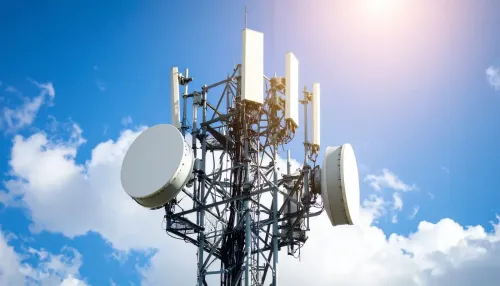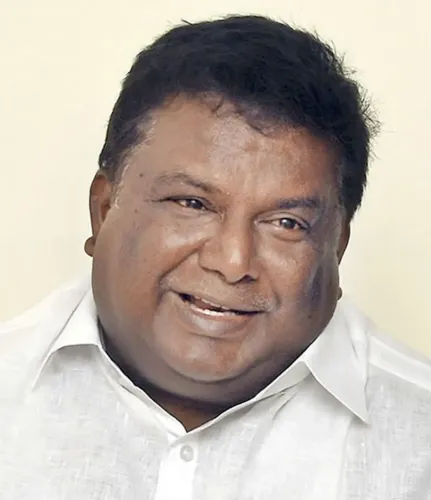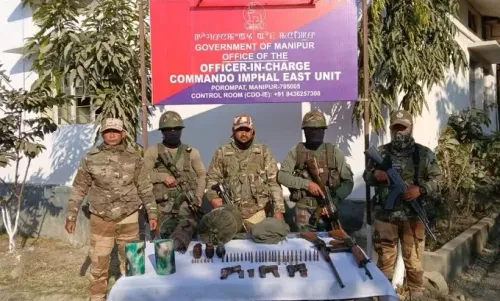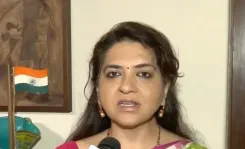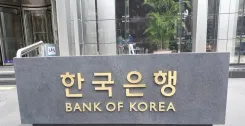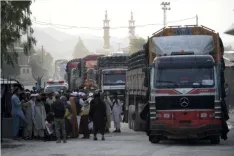Is Signing of PM SHRI a Strategic Move by Kerala's Education Minister?
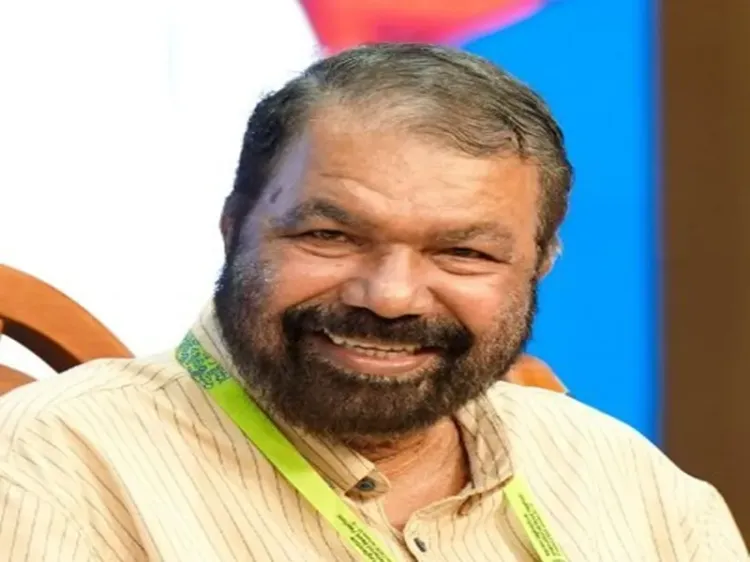
Synopsis
Key Takeaways
- Kerala's strategic move to secure essential funds through the PM SHRI agreement.
- Approximately Rs 1,476 crore anticipated for the state's education sector.
- Focus on benefiting four million children, especially marginalized communities.
- Kerala will maintain its unique educational principles and values.
- Signing the agreement does not equate to accepting NEP 2020 fully.
Thiruvananthapuram, Oct 24 (NationPress) The State Education Minister V. Sivankutty emphasized on Friday that the decision made by Kerala to endorse the PM SHRI agreement was a strategic initiative designed to obtain funds that the state rightfully deserves, while ensuring that Kerala's public education policies—anchored in secular, democratic, and scientific principles—remain intact.
This assertion was made in light of significant opposition from the CPI, the second-largest partner in the ruling Pinarayi Vijayan-led LDF government, who claimed that the decision had not been adequately discussed within the Left Democratic Front (LDF).
“The state was under pressure as thousands of crores in central funds owed to Kerala were being withheld, which adversely affected our children's education,” Sivankutty remarked.
“Kerala will not tolerate any actions that threaten our public education system, nor will it permit even a single rupee entitled to our children to be lost,” he declared.
The minister elaborated that the delay in finalizing the PM SHRI agreement resulted in the Centre withholding substantial funds under the Comprehensive Education Scheme.
From 2023 to 2026, Kerala faced a loss of nearly Rs 2,897 crore. With the new agreement, including arrears and two years of PM SHRI funding, the state anticipates receiving around Rs 1,476 crore, of which Rs 701 crore has already been sanctioned under the Comprehensive Education Programme.
Sivankutty noted that these funds will directly assist nearly four million children, particularly those from marginalized communities—including 5.61 lakh Scheduled Caste/Scheduled Tribe students and 1.1 lakh children with disabilities.
The scheme will also provide support for pre-primary education, teacher training, mid-day meals, uniforms, textbooks, and other vital services under the Right to Education Act.
Addressing criticisms, the minister clarified that endorsing the PM SHRI scheme does not imply that Kerala has fully accepted the National Education Policy (NEP) 2020.
“Kerala implements the scheme according to its own priorities and values. Many NEP initiatives—including pre-primary education, teacher empowerment, 100% enrollment, and the three-language policy—have been integral to our educational framework for many years,” he explained.
He dismissed concerns regarding the potential centralization of the curriculum or a compromise on federal principles, asserting that “Kerala exclusively determines its curriculum, which focuses on secularism, scientific thinking, and constitutional values.”
Sivankutty also countered claims that smaller schools would be closed to form larger complexes, asserting that the funds will instead bolster existing educational institutions.
On the objections regarding the scheme bearing the Prime Minister’s name, he stated that it is merely a technical formality that does not influence the distribution of benefits.
“Even amidst financial challenges, Kerala will ensure that the funds owed to our children—over Rs 1,400 crore—are secured without compromising the integrity of our public education system,” the minister concluded.


